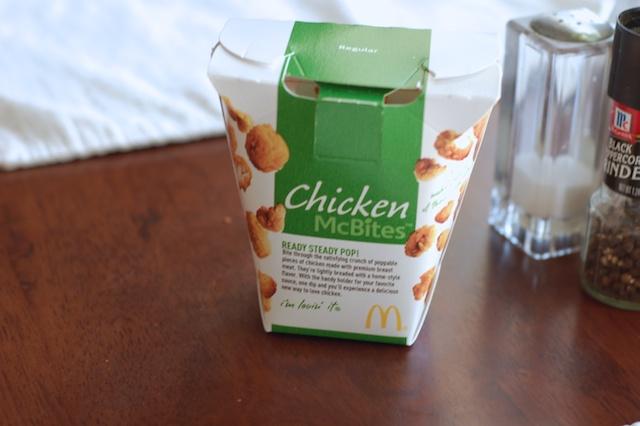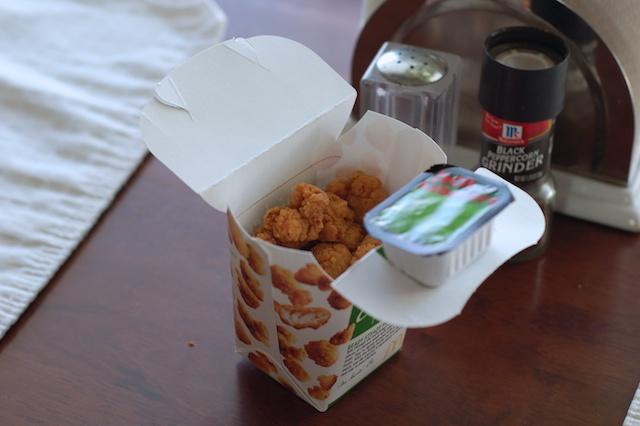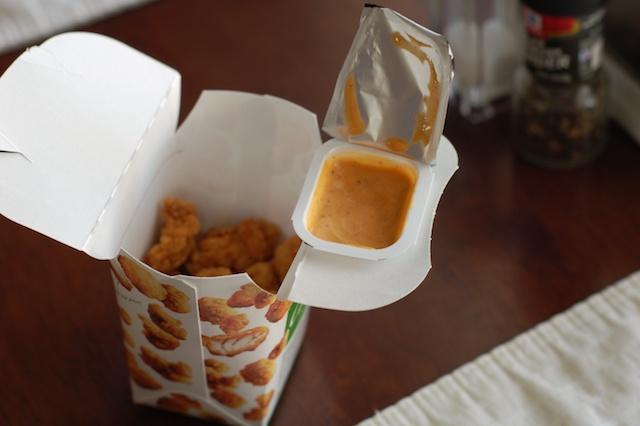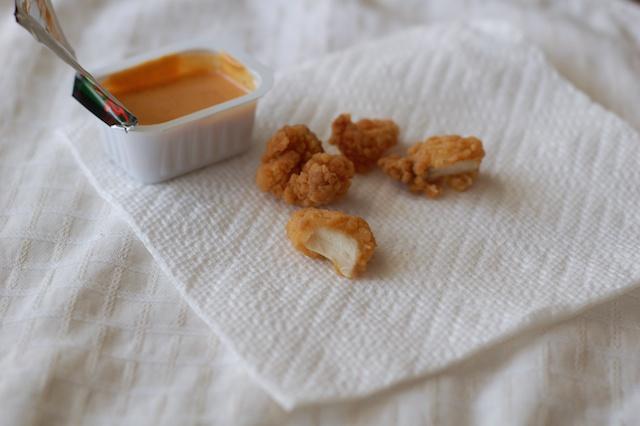-
Posts
10,190 -
Joined
-
Last visited
Content Type
Profiles
Forums
Store
Help Articles
Everything posted by Chris Hennes
-
Yeah, I use it to thicken meat gravies.
-
When I think of hash, I think of the stuff served in diners on the east coast, which is definitely more like David's second hash. The others are more like "home fries with stuff added." Not that that's a bad thing, it's just not how I think of hash.
-
Has anyone tried using one of the UltraTex products for this purpose? I'd think that UltraTex 8 would do the trick in much the same way ClearJel does.
-
I agree, Nick: I very rarely allow my current "ghetto" sous vide rig to heat tap water from room temp all the way to cooking temperatures. Especially for high-temperature vegetable cooking, I nearly always preheat the water.
-
Alright, on the strength of Duncan sticking his neck out here I went ahead and ordered one, too. I'm looking forward to putting it through its paces.
-
The difference between $180 and $330 is pretty significant! It's clearly designed for small-scale applications, but if you're planning on using it for a few chicken breasts, maybe some fish, the occasional steak, it might be perfect. The only way to find out is for some brave souls to give it a shot. Thanks for stepping to the plate, Blues_Cookin.
-
I do it for the reasons Chris Amirault stated above: it eliminates the watery slaw problem completely.
-
In fact, David, my suggestion for a non-beef version of hash is to use duck confit: I've done it a number of times, and it is excellent.
-
They claim accuracy to within half a degree (but don't say if that's °F or °C), and list 10 quarts as the maximum water volume (they don't state under what assumptions). Just looking at the construction it's clearly not intended for commercial use, and I wouldn't expect it to hold up long even if it works as advertised. But at $170...
-
With the temp? I use a sharpie...
-
All of my cookies are too brittle to be reformed once baked, even the soft ones. Have you considered making the ball in two halves and gluing them together with icing or something like that? ETA, well, except tuiles, but I don't think you could coax them into spheres...
-

Cookbooks that teach cooking school fundamentals
Chris Hennes replied to a topic in Cookbooks & References
Don't forget about YouTube: there are a LOT of great technique videos out there (as well as some awful ones, of course!) -
The max bag size is 10" by 15", other than that size restriction you should be able to use basically any food safe bags you want (note that you don't need to get the mesh-type bags, just normal vacuum bags are fine). For example, these.
-
Yeah, don't get me wrong, I liked the book, I just thought the photos were clearly amateur efforts.
-
I just had these for lunch: So first, as a note: these are more akin to "chicken tenders" than to "McNuggets" insofar as they are whole chunks of chicken, rather than a puree/mousse/croquette/whatever it is McNuggets are. If you ever had chicken tenders and thought "man, I wish there was less chicken and more fried stuff on these things," well, that's what McBites are. They are barely even "popcorn chicken" as many of the fragments are smaller than popcorn to the point where it's hard to believe there is actually chicken in them. They taste like... fried. It's not a flavor I object to, so I thought they were OK, but I like KFC's popcorn chicken substantially better. As a side note the Habanero dipping sauce they have is basically spicy ranch dressing, but it is actually spicy (for American fast food, anyway). It's not burning hot, but it's hot enough to notice.
-
Interesting choice to include Oaxaca al Gusto here... I own it, and to be honest I think most of the photography is quite poor by the standards of today's cookbooks. Kennedy is a great cook and a great cookbook writer, but IMO not a great photographer.
-

Cookbooks that teach cooking school fundamentals
Chris Hennes replied to a topic in Cookbooks & References
That's sort of a tall order! Rule one about learning the fundamentals is you just have to cook a lot, of course. Assuming you're willing to do that, in terms of coverage of the basics the CIA's Professional Chef gets the core, but is by no means the last word. Modernist Cuisine will give you the knowledge of a huge range of techniques, tools, and preparations, but it's a life's work to learn what to do with all the info (that and its cost is... non-negligible). Are you looking for any particular cuisine, or you just want to learn the finer points of European-style kitchens? -
Price no object, or are you looking for best price-to-performance?
-
OK: so here's a data point. I just made a quite tart mayonnaise using a 7% white wine vinegar and vegetable oil (no salt). Then I took 50g of the mayo and added 5g of salt, resulting in a overly salty emulsion that took under five minutes to break. The remaining (now properly-salted) mayo is sitting next to it on the counter and is just fine. So at the least I think this confirms the truth of Fantastic Mr Fox's statement above, that too much salt will break a mayonnaise-type emulsion. There are of course other variables at work here, but I'd be willing to bet it turns out that the salt is the only culprit.
-
I just made a mayonnaise with a healthy splash of a 7% acidity white wine vinegar and no salt: it came together fine, but I'm going to give it a few minutes. Then I'll add an overdose of salt and see if anything happens.
-
Right, it seems clear this is not a technique issue. I'd be very curious to know the results of an experiment with the acidity (since it's clear from both your original post and from the fact that raybeezbabee blanches his preserved lemon before using that salt is at least part of the problem here).
-
Hard to tell, but again, a single egg yolk has a LOT of emulsification power. I regularly make mayonnaise without anything but egg yolk, lemon juice, salt and oil, and it holds together fine. It seems to me that it's possible that it's actually some combination of salt and pH that form the problem. The paper I just read, while not about this type of emulsion, examines the affect of both salt and pH on their emulsions, and find that they can work in concert to destabilize an emulsion. So perhaps it's both the vinegar and the salt that were the problem: you could try replacing the vinegar with water to check that variable. You have already tried removing the salt (from the lemon) and that emulsion worked. If the salty but less acidic emulsion works, than you know it's the combination of the two factors that was the real problem.
-
I have not read the paper, but this abstract hints that salt may be the culprit, as suggested above. Edit: I read the paper, it's not relevant here.
-
I don't know, it sounds to me like thirtyoneknots makes his fair share of mayonnaise-type products, and you can certainly make them with olive oils (provided that's the taste profile you want). I haven't noticed any great difference in the quality of the emulsions among the various oils I use. Certainly not enough to explain the difficulty described above.
-
The vinegar he added should have provided plenty of water, I think.





